Keytruda Injection: Uses, Dosage, Side Effects
Uses
Keytruda Injection is utilized in the treatment of melanoma, non-small cell lung cancer, head and neck cancer, and cervical cancer.
Dosage and Administration
This medication is administered as an infusion into the vein by a qualified medical professional. Your doctor will determine the appropriate dose and frequency based on your condition, and this may change over time. Follow your doctor’s instructions precisely. Taking it incorrectly or in excessive amounts can lead to severe side effects. While it may take several weeks or months to experience the benefits, do not discontinue use unless instructed by your doctor.
Side Effects
Common side effects may include rash, fatigue, fever, nausea, and muscle pain. During infusion, serious side effects such as chills or shaking, itching, rash, flushing, difficulty breathing, and dizziness may occur. Your doctor will monitor you for allergic reactions promptly after infusion.
Precautions
Before starting treatment, inform your doctor if you have lung disease, liver or kidney problems, or if you are taking any medications for infections. Due to potential interactions, disclose all medications you are currently using to your healthcare team. Avoid using this medication during pregnancy or while breastfeeding, and use effective contraception to prevent pregnancy during treatment.
Mechanism of Action
Melanoma is a type of skin cancer that originates in melanocytes, the cells responsible for producing melanin. Melanin gives the skin its color. Keytruda Injection targets the genetic code, or DNA, of cancer cells, leading to their destruction and inhibiting further growth and spread. This mechanism aids in the treatment of cancer.
Immunotherapy
Immunotherapy, also known as Keytruda Injection, is a treatment method that utilizes the body’s immune system to combat cancer. It can be effective in various types of cancers, offering promising results in improving patient outcomes.
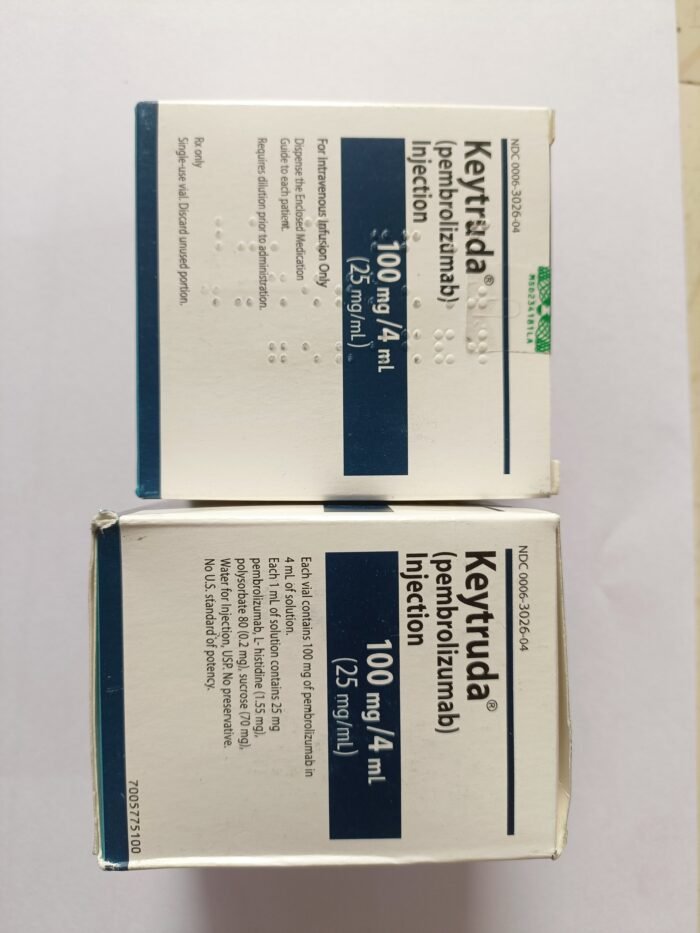

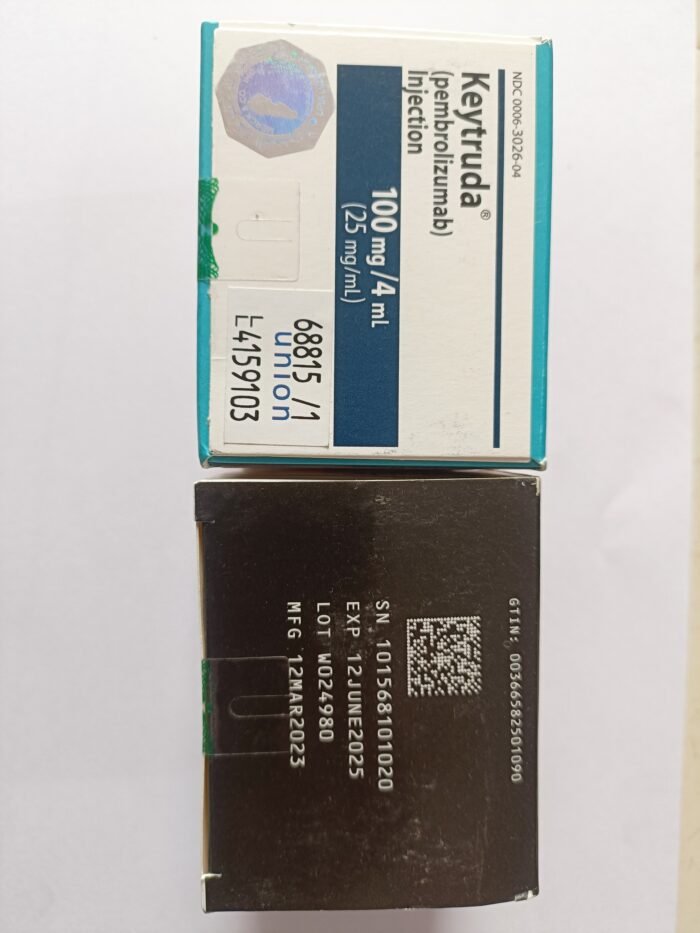





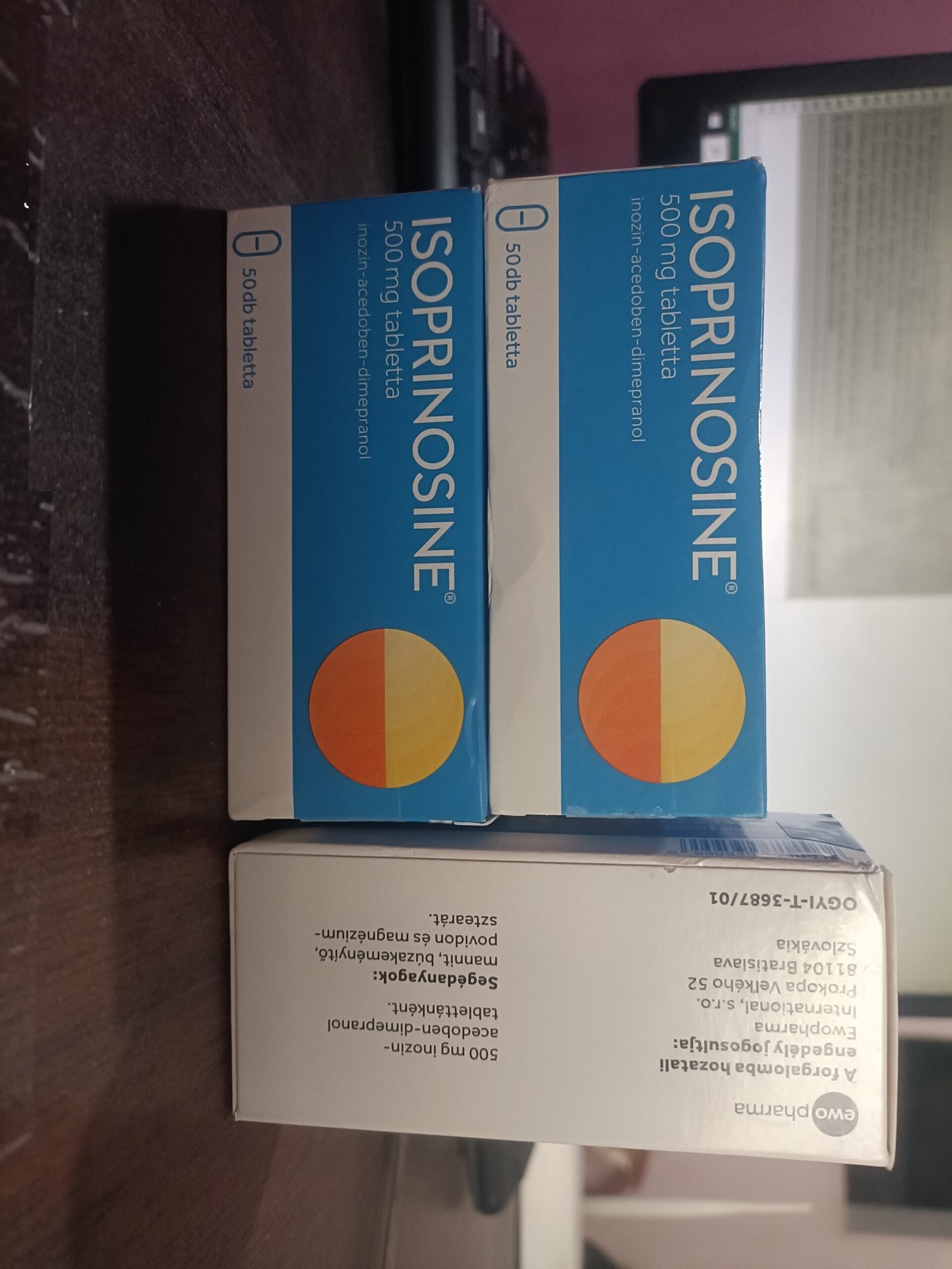




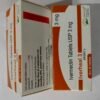
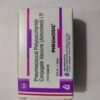
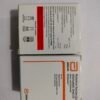
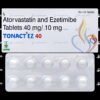





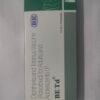


Reviews
There are no reviews yet.